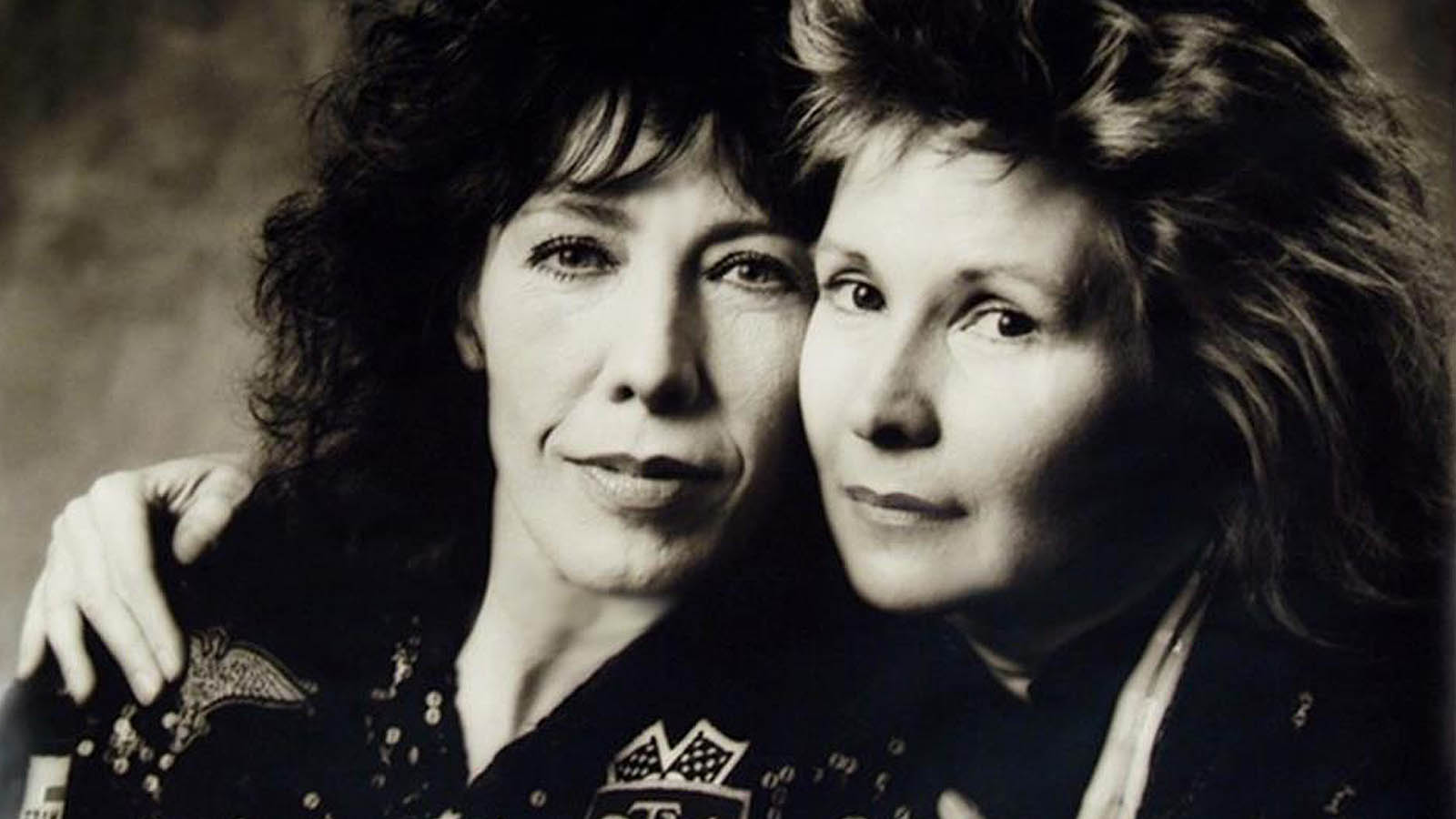
Jane Wagner has been writing prose all of her life...
At the age of 17, Jane made her writing debut with the highly acclaimed CBS teleplay entitled J.T in 1969. She won the coveted Peabody Award for the special. Her book of the same title was published in both soft and hardcover editions. It was J.T. that brought Jane to the attention of Lily, who was seeking the help of a writer for her television character, the precocious Edith Ann.
My Feelings Doctor, Dr. Lopez, never tries to stop me when I have one of my temper tantrums. She doesn’t shoot me critical looks to shut me up. Which is one good thing since half the time it is those critical looks that get me worked up in the first place. Whatever I do, I can scream, cry or sometimes I will just clam up like a clam. She accepts it. I think she even expects it. I can tell her the worst things about myself—things I cannot even mention here, but she is never shocked—not so far, at least. Not to my face, anyway. She acts like she knows what I am doing and why. And it is OK. I think her plan is this: to just let me be myself until I get so fed up with being this way that, at some point, I will snap out of it and begin to change.
Dear Edith: I know you’re no expert, but do you know why your mind wanders? Love, Puzzled
Dear Puzzled: The mind gets tired of having to come up with thoughts all the time and so it wanders off to get peace of mind. So it can have a 5-minute coffee break and come back fresh and alert ready to take more of all that stuff your brain dreams up. - Edith Ann
I thought this answer was a good one, but there is a lot more to say on this topic I don’t get. How can your mind just wander off on its own—with no warning, no “excuse me please, do you mind if I wander?” Does your mind have its own mind? Does your mind make plans to go away from the constant stress of having to wait around till you make up your mind about something? What’s it thinking about when you’re not thinking about anything? When you draw a blank and can’t remember something, is it your mind’s fault? And when you suddenly can recall something you’ve forgotten, what’s going on inside our brain? Is forgetting something a relief to the mind? Is it like your memory is taking a vacation or something?
Am I using my brain or is my brain using me? Where does a new thought come from? When you want to forget something you did that happened why can’t you just forget it? What is it that won’t let you forget? Your brain will help you make up a lie—then turns right around and makes you feel guilty that you lied.
When you talk to yourself, your brain knows what you’re saying even when you don’t move your lips. Who else is even listening when we talk to ourselves? We don’t have to talk out loud. Does that mean the brain has its own ears?
When you’re thinking of someone and they call you and say they were thinking of you, which brain gets the credit? Why does your brain help you figure out certain things—but with other things it just adds to the confusion? When I say, “What am I thinking?” what do I mean by that and why should I even have to ask these questions of my own mind? Can you trust your brain not to spy on you? I don’t think so.
Why is it I almost never know what I’m going to think of next? Shouldn’t I have a hint at least? Why don’t I know? If our hearts behaved this way, we’d all be as totally confused about what we feel as much as we’re confused about what we think. When you think about it, the heart does behave this way.
For Christmas at our house, we all want Peace of course. But most of all, we want a flat screen TV. God has a TV set. He watches us on it. Whenever I feel God’s watching me, I sing and dance and do a commercial for myself.
Childhood comes at a time in your life when you are too young to understand what you are going through. And you’re too young to understand that you are too young to understand. Everything at this stage is just guesswork. Dr. Lopez, my feelings doctor, hung up this poster on the wall, it says, “It’s never too late to have a happy childhood.” Frankly, I think your chances of having a happy childhood while you’re till a kid going through it are pretty slim. So it’s a good thing you get a chance to have it later in life. Because like the poster says, while it may not ever be too late to have a happy childhood, at my age it could be too early. I know one thing: Childhood is the leading cause of stress among kids my age.
I used to think learning something meant having the right answers. Some grownups, see, they want us kids to come up with answers to their questions. But, Dr. Lopez wants me to come up with my own questions.And it’s her job to help me come up with the answers. I must say this comes as a welcome change. After all, we’re not dealing with a subject like math here, we’re dealing with a real live person, a card-carrying member of the human species, as my sister would say. I could be a boon to society or a big blow to it. Right now, I’m a toss-up. Let’s hope for all our sakes Dr. Lopez knows what she’s doing.
